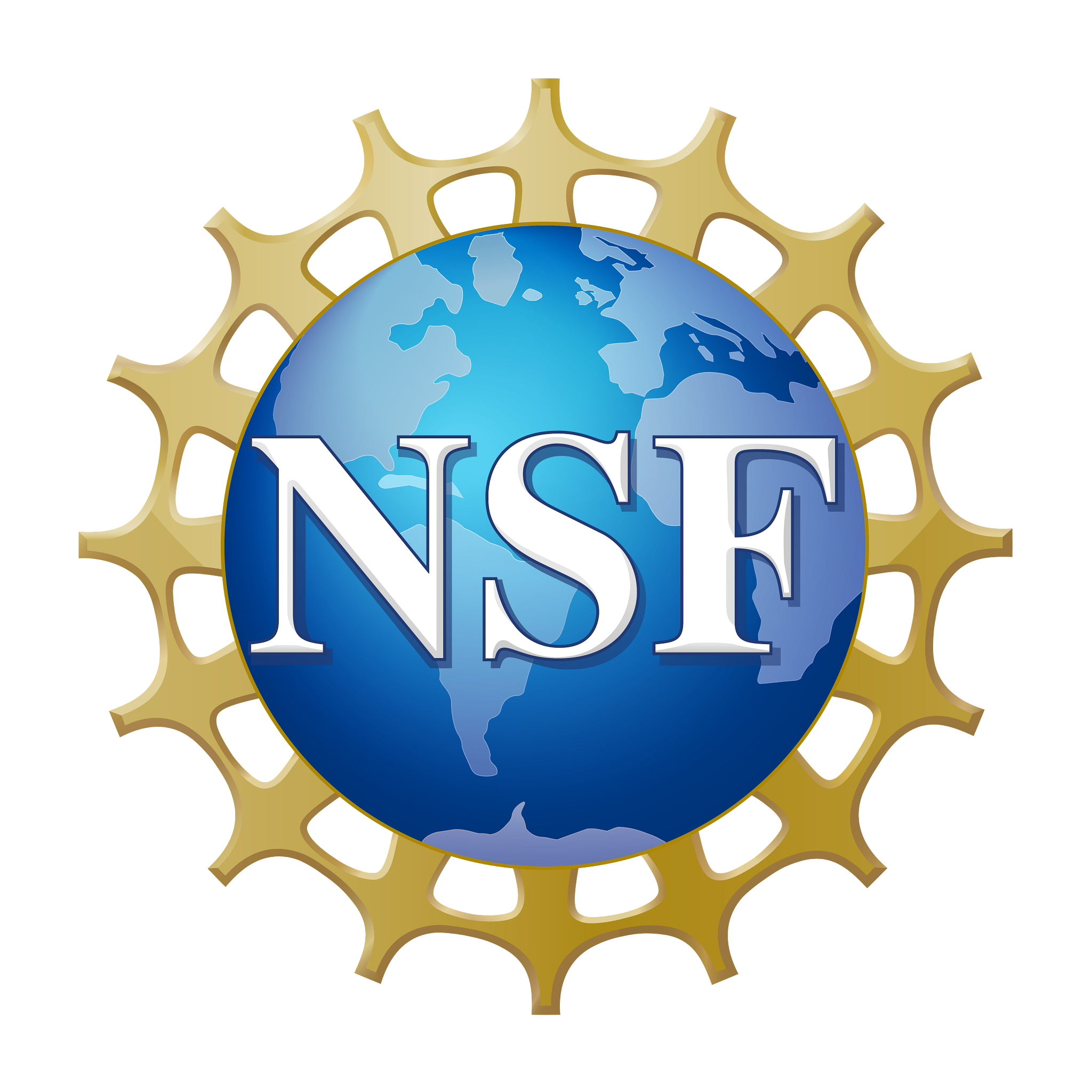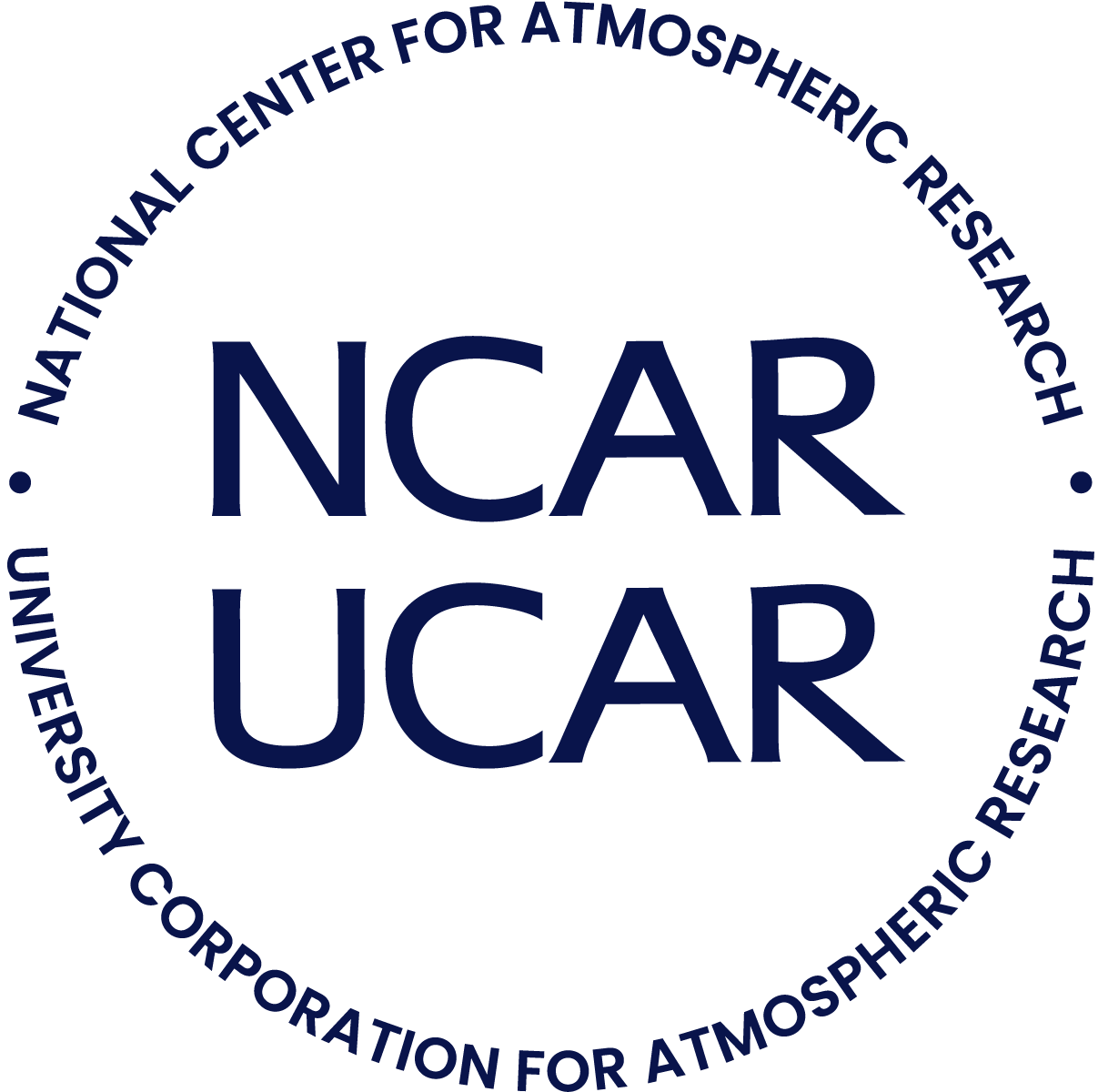By the numbers
| Staff as of August 2024 |
Total | NSF NCAR | UCAR Community Programs (UCP) |
|---|---|---|---|
| All Staff (research, technical, administrative, and support, including casuals) |
~1,397 Of which: ~299 are in UCAR management or operations, ~1,138 are in Colorado, and ~259 are in other locations |
~808 | ~290 |
| Scientists (Ph.D.s, including tenure-track and project scientists) | ~372 | ~308 | ~64 |
| Postdoctoral fellows and researchers (Ph.D.s) | ~64 | ~41 | ~23 |
| Associate scientists (M.A., M.S., or Ph.D.) | ~123 | ~82 | ~41 |
| Engineers and software engineers | ~210 | ~162 | ~39 |
| Expenditures | Total | NSF NCAR | UCAR Community Programs (UCP) |
|---|---|---|---|
| Fiscal Year 2023 (October 2022–September 2023) |
~$256.0 million | ~$189.9 million | ~$66.1 million |
To avoid confusion
There are many atmospheric research organizations in Boulder. To avoid confusion:
- NSF NCAR is not a part of the National Oceanic and Atmospheric Administration (NOAA) or of NOAA’s National Weather Service or any other federal agency.
- Neither NSF NCAR nor UCAR are part of the University of Colorado. However, the University of Colorado is one of the many colleges and universities that govern UCAR.
- NSF NCAR does not issue public weather forecasts. Projections of future weather and climate produced by our computer models as part of ongoing research may be posted on our website for research and educational purposes.
How to pronounce NCAR or UCAR
Since our founding, these two acronyms have been pronounced as words rather than individual letters:
- EN-car
- YOU-car
Because they're pronounced as words, both are generally written without "the" before the acronym.

